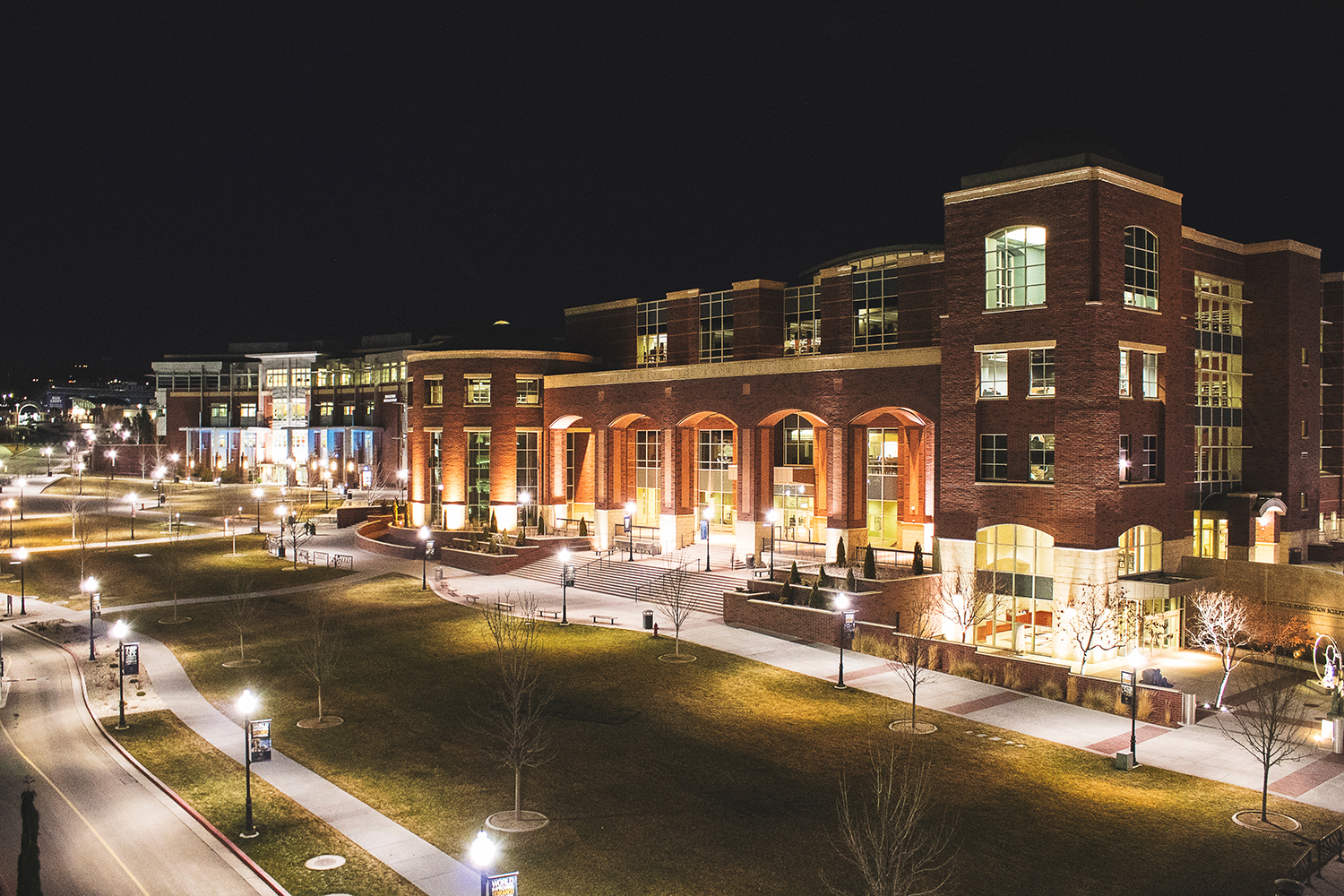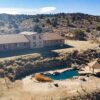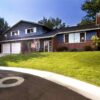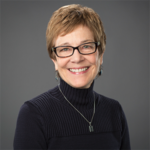
I recently became a member of the University of Nevada, Reno College of Liberal Arts board, and the experience has been quite an educational one. As a board member, I have an up-close view of how the college and university are adapting to changes brought by the global pandemic. I sat down with Debra Moddelmog, the college’s dean, to discuss the challenges that 2020 poses and a path forward for liberal arts education. Here’s a snapshot of our conversation
Can you talk about what educating students in a constant state of ambiguity looks like at the University of Nevada, Reno, from your perspective?
We’ve had centuries to think about how to build a functioning, effective university. Most of us who have built our careers as instructors or faculty have had a long time to think about how to teach effectively and reach all of our students. We’re kind of having to reinvent a lot of that right now and in a very short time. I think there are some growing pains on both sides, but we are also developing new and creative ways to teach, which will likely affect what higher education looks like long after this pandemic is under control.
What are the different ways that classes are being taught?
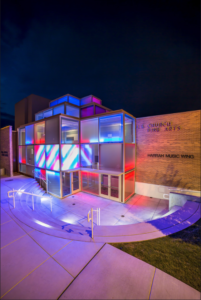
We cover subjects in the arts, humanities, and social sciences, so we have a range of ways in which we are teaching classes during this challenging time. The University of Nevada, Reno offers five modes of delivery, and Liberal Arts classes are being taught in all five modes. One is online, but that’s not the majority of our classes. Those are the classes traditionally taught online, so these courses were designed for the online environment. The second mode is called Alternative Remote. It’s not a fully online class because it hasn’t been designed specifically for the online environment, but it uses online tools to connect with students. We teach quite a few classes using this mode (everyone has become an expert at Zooming!). The third is Alternative HyFlex, where half of the students are in class in the actual physical classroom, and then half are on Zoom, and they can then switch places. I’ve talked to some students about their experience with this mode, and they’ve generally been positive since they feel that this form of delivery provides more of a community. It’s not the same as being in person all the time, but they feel like it gives them more opportunity to form a community of learners than an all-remote class can. We also have some classes that are taught in mixed-mode, where students are learning online, but they come in for an in-person lab or to do something that they can’t do online. Finally, we have a few fully in-person classes for subjects that require that level of interaction, especially in the arts—for example, beginning dance classes—or our anthropology classes with labs.
How do you teach visual and performing arts in a time like this?
This is a very critical time for the arts. It’s not just at the University of Nevada, Reno—it’s everywhere. There’s a legitimate fear that we will lose artists and venues, and that it will be tough for the arts to come back in the way that we’re used to them. There’s a cascading effect of the impact of the loss of the arts on the local community and the national and global community. What’s unique about the University of Nevada, Reno’s teachers and professors is that they’re not only artists, musicians, actors, dancers, and directors themselves, but they also train the next generation of musicians, artists, performers, and actors. Everybody is trying to think creatively about how we do the arts differently in a time when we can’t be in intimate spaces or assemble large audiences. We will have our very popular performing arts series this year, but we’re going to have it virtually rather than in person. We’re trying to figure out how we stay creative at this time and contribute to maintaining a local arts and culture scene since the arts not only entertain but also give us meaning and understanding, including in regard to our current changes and challenges. So, we’re seeing our faculty and students do some very creative things right now, for example staging performances outdoors and transforming our annual fall dance festival into a digital format.
What’s the best way to support the University of Nevada, Reno’s College of Liberal Arts and its students, faculty, and staff through this challenging time?
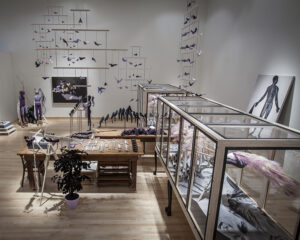
We started a fundraising campaign called Arts Forward to build up some funding to do arts differently and provide scholarships or other support for students who may be struggling to stay in school. Donors’ support is more important than ever right now because the University of Nevada, Reno has had its budget cut and it’s a way for us to maintain programming and student support. We’ve lost $800,000 in ticket revenue for this year. These losses will restrict scholarship funding, likely reduce the number of students in our arts programs, and limit opportunities for students and faculty to hone their craft and build their reputation through participation in masterclasses, performances, and exhibitions. The donations from our Arts Forward campaign will fund student scholarships, enhance virtual programming, and expand access to the arts.
What would you say to someone who says, “Oh, who cares if people dance ballet? We have a global pandemic to cure!”
That perspective undervalues the research that we do and the contribution of the arts, humanities, and social sciences to our society. In our college, faculty are exploring vital subjects such as the effects of the pandemic on human behavior, how to address social and racial injustices, how to cope with water scarcity in the West, and the ethics of genetic modification. We need people who think creatively and are problem solvers. Our faculty not only excel at teaching these habits of mind but they exhibit them in the research they do and their work with our communities.

